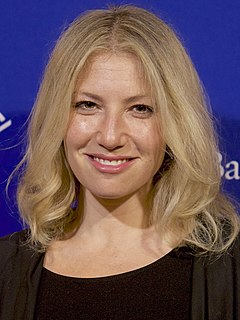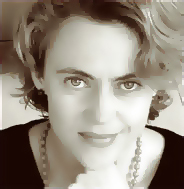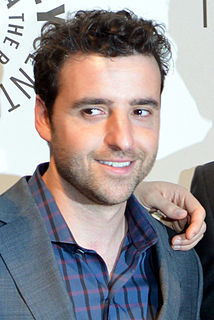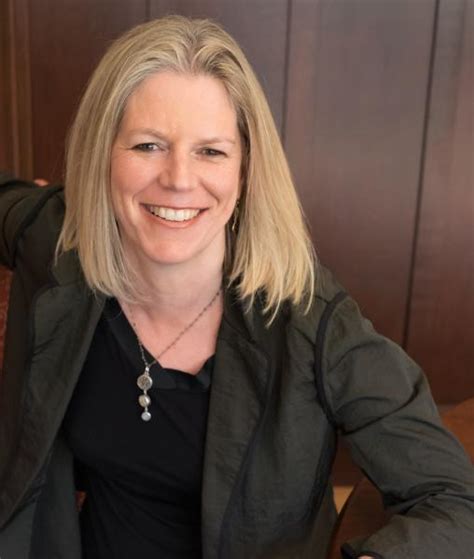A Quote by Edward Zwick
I've enjoyed the singular focus of not going back and forth between the two mediums. It isn't about the screen size so much as film being where the stories I'm most interested in telling happen to be at.
Related Quotes
I think I was always informally thinking about choice from when I was a very young child because I was born to Sikh immigrant parents, so I was constantly going back and forth between a Sikh household and an American outside world, so I was going back and forth between a very traditional Sikh home in which you had to follow the Five K's.
After the writers' strike, I came back with my tail between my legs and apologized to everyone. I had been telling them I was going to leave, and I said, "I'm never going to leave," and that I'd stay with them as long as I can. And I really enjoyed the last two and a half seasons of Numbers more than before.
The gap between the inner and outer self is one I've found interesting, even essential, about the way we move through the world. In The Delivery Room, I enjoyed traveling back and forth between the perspectives of the patients and that of the therapist - with the irony that with your therapist, you are at least supposed to be your most authentic self.
Writing two stories [in the Thorn and the Blossom] about the same set of events that were complete stories in themselves, but also added up to a larger story. As I was writing them, I kept going back and forth, because something would happen in one story that would have to be reflected in the other story. And yet the same event would also have to be perceived in different ways by Brendan and Evelyn, because they are different people with their own interpretations.
I think most of our eyes are trained to background being completely out of focus, but you can't do that with an iPhone unless you manipulate it quite a lot in post. You have to accept the fact that your film is going to look a little different on the big screen. Even though the resolution holds up, it does have something very different about it.
What I hope is that this wider pattern of films about slavery that's emerging isn't just a fad but evidence that we've turned a corner as filmmakers of color and that we're moving forward in our confidence and in the film industry not being afraid of our telling these stories and in giving us the opportunity to bring our vision to the screen.





































